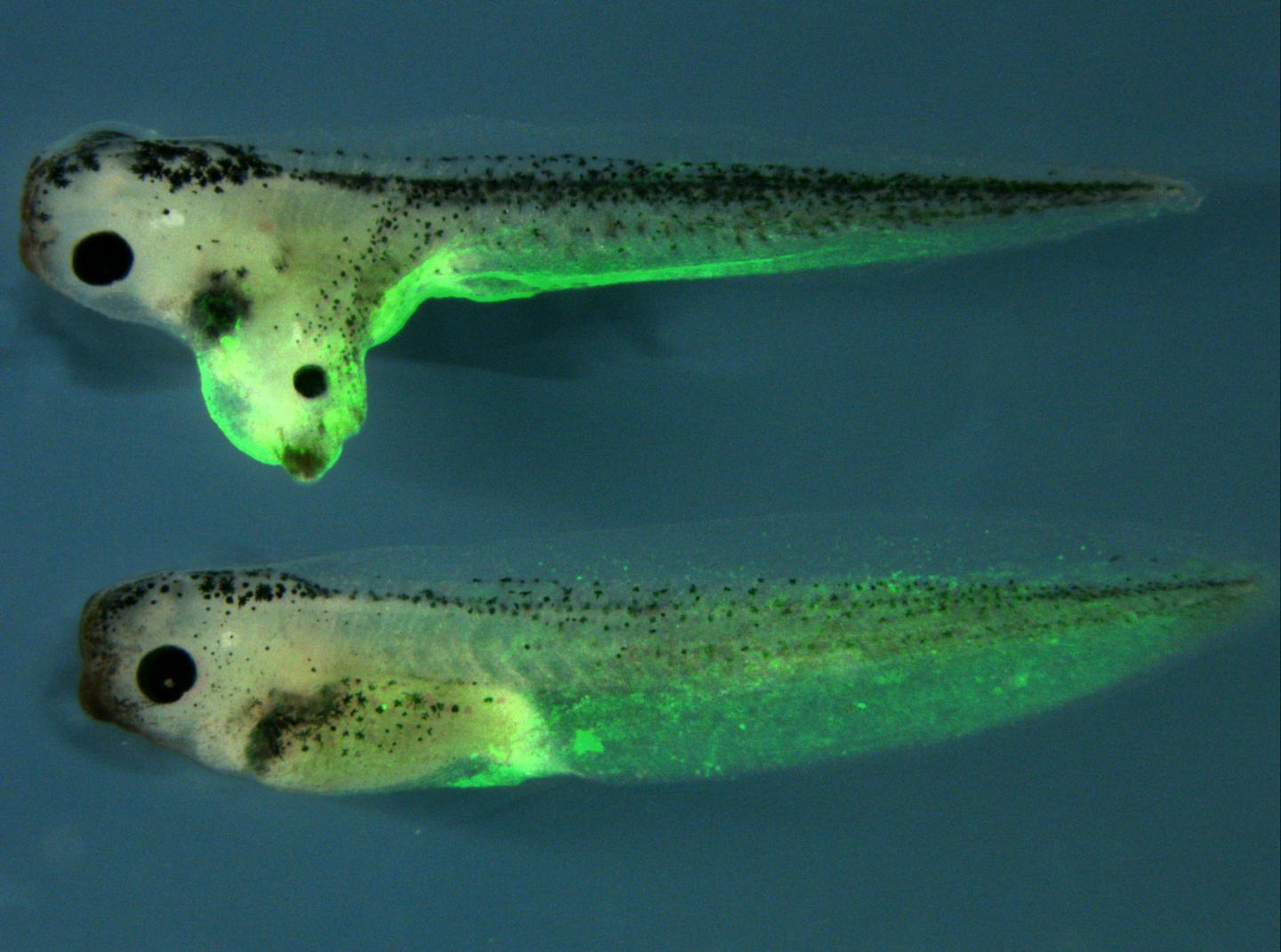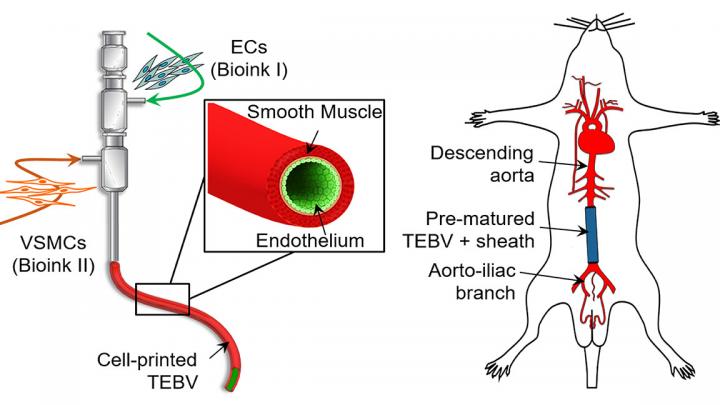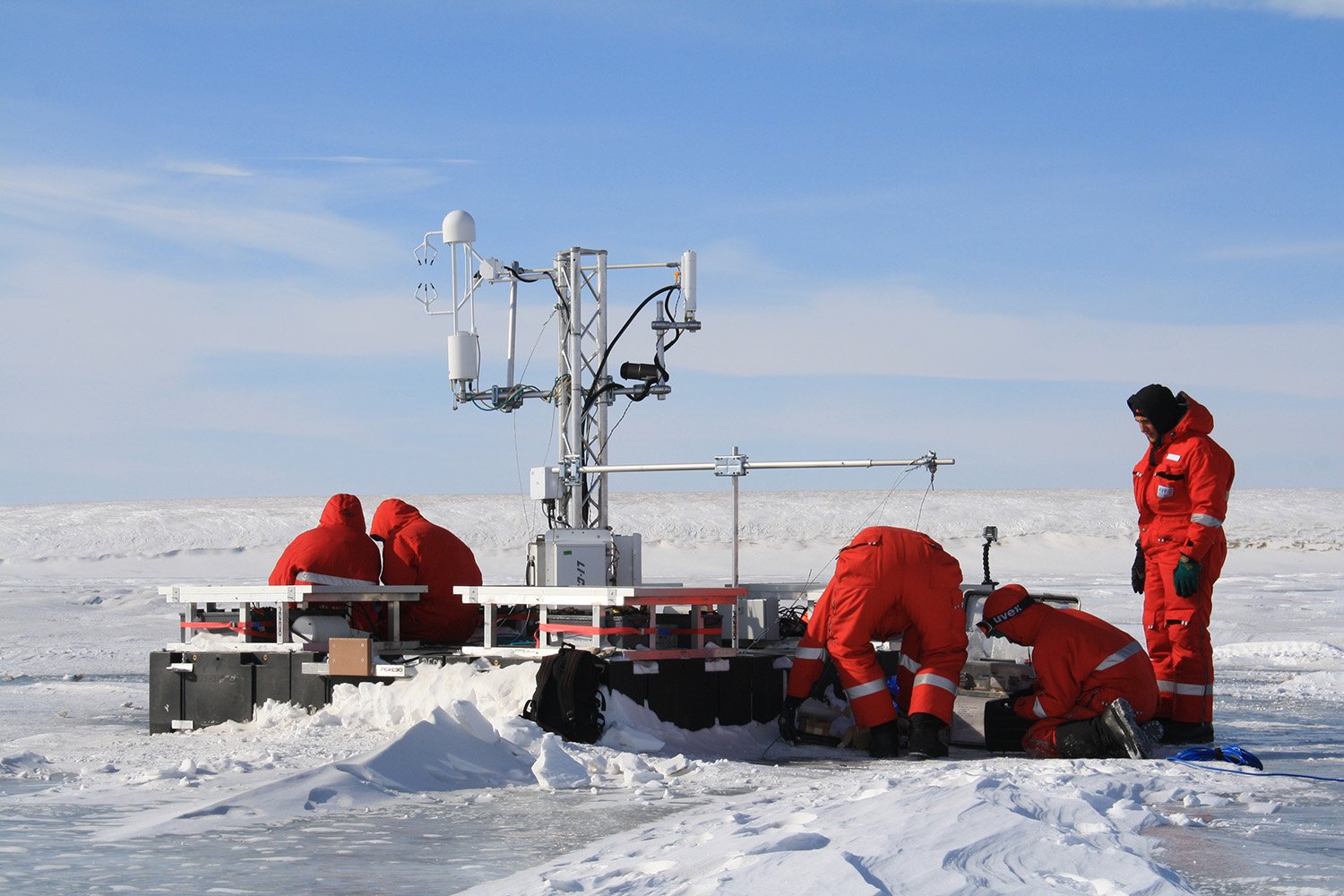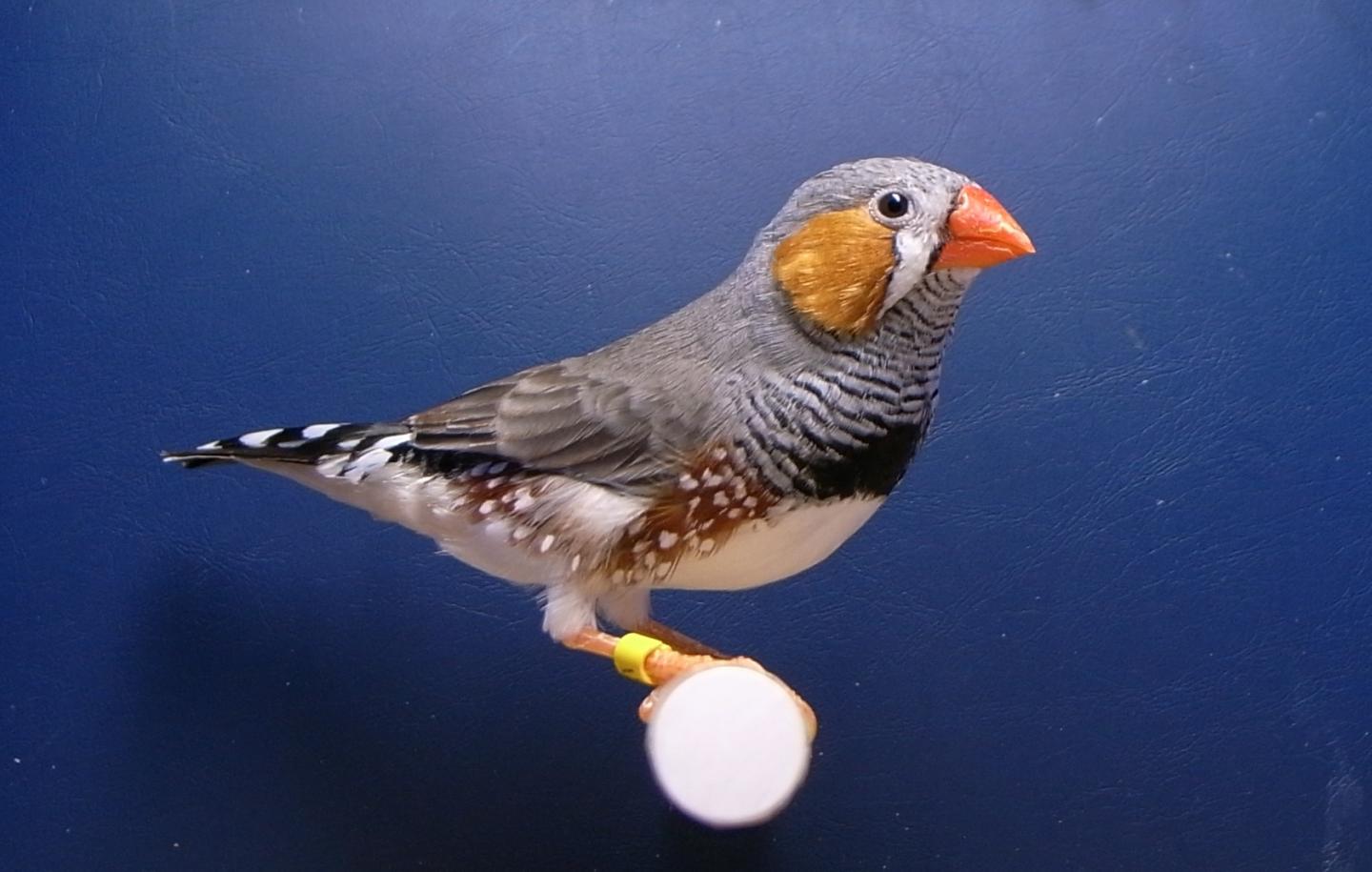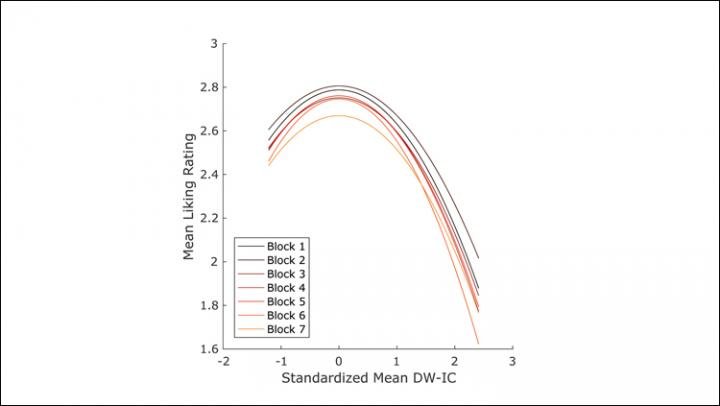By cutting out one gene, researchers remove a tadpole’s ability to regenerate
Tadpoles of frogs that can typically regrow amputated tails or limbs lost their ability to regenerate after researchers blocked the expression of a newly identified gene that is one of the drivers for this regrowth. Furthermore, scientists hypothesize that the loss of appendage regeneration in warm-blooded animals might have been caused by the gain or … Read more
